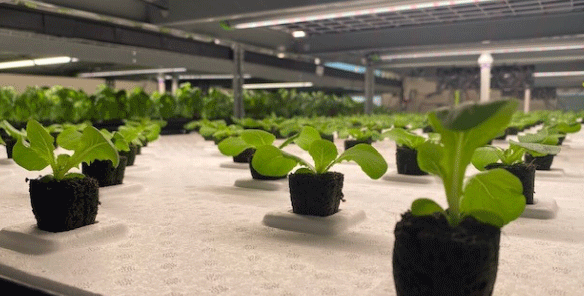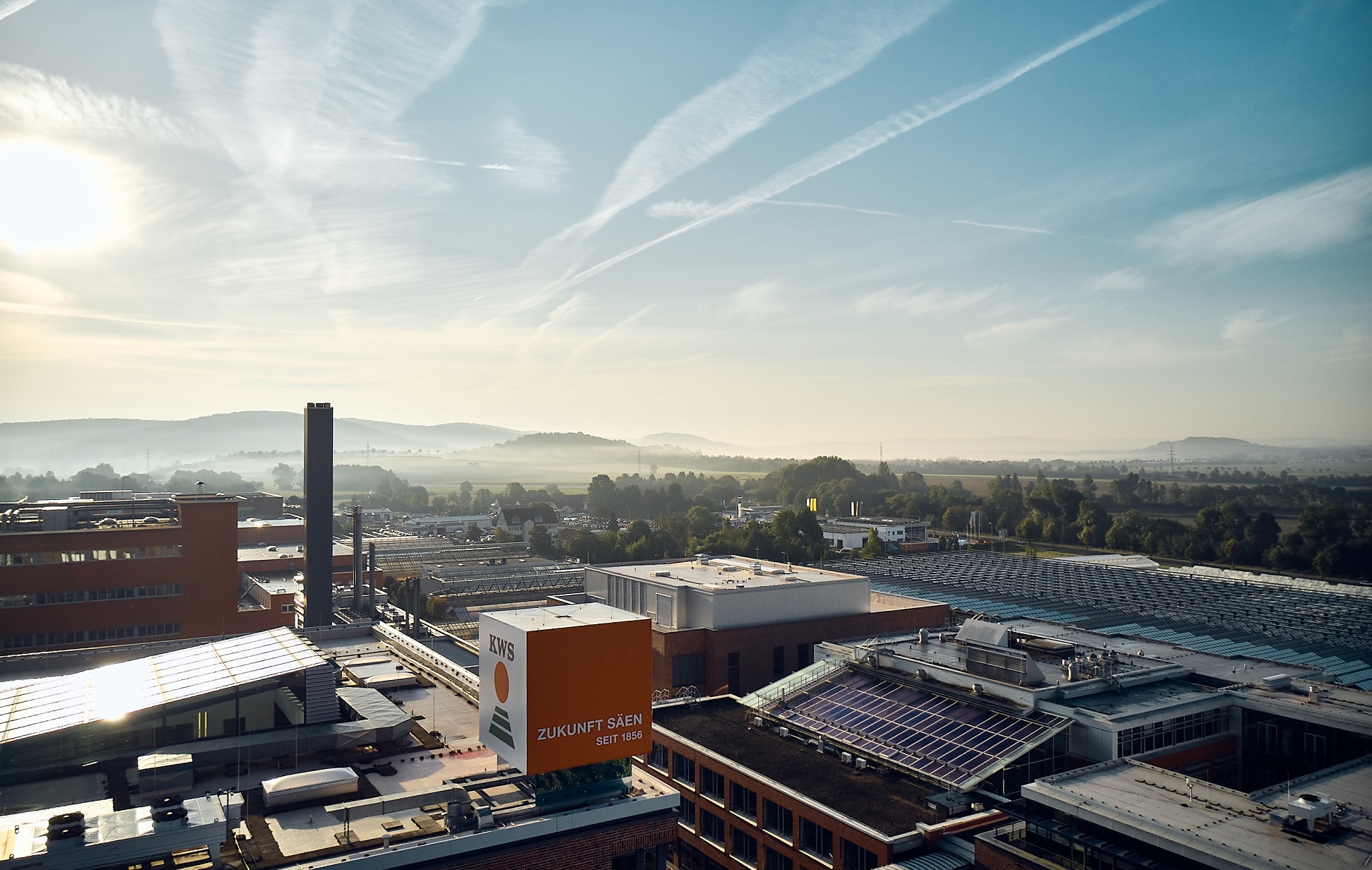Bruce Randolph School, an educational institution situated in a food desert where fresh produce is scarce, is taking bold steps to tackle food insecurity while equipping students with essential agricultural skills. Their new greenhouse, built with the support of the Denver Foundation, marks the next phase in the school’s commitment to sustainability and food justice.
Three years ago, the school established a hydroponic farm capable of producing 10,000 pounds of fresh produce annually. By growing plants in water rather than soil, students have learned an innovative method of farming that is both efficient and sustainable. In 2022, the school grew approximately 5,000 pounds of produce, all distributed directly to students, their families, and community members.
Hydroponics: A Gateway to Learning and Community Impact
Hydroponic farming at Bruce Randolph School serves as both an educational tool and a resource to combat food injustice.
- Zero Waste Model: The farm operates on an order-based system, ensuring no excess produce goes to waste.
- Direct Impact: Families in need can access free, fresh vegetables, reducing barriers to healthy eating in a community with limited grocery store access.
- Educational Opportunities: Students like Ashley Prieto have applied their newfound skills at home, growing their own produce and sharing knowledge with their families.
Hydroponic farming has also instilled a sense of pride and purpose among students. Senior Liczeth Nunez remarked, “I just enjoy seeing how our work has led to people being fed.”
The New Greenhouse: Expanding Opportunities
The school’s forthcoming greenhouse, funded by a grant from the Denver Foundation, will further expand its capacity to grow food and provide educational experiences. Unlike the hydroponic system, the greenhouse will allow for traditional soil-based farming methods, teaching students different approaches to cultivation.
Mariah Middlebrooks, the school’s Farm Educator, explained that the combination of the greenhouse and hydroponic farm will create a comprehensive agricultural curriculum. “Our goal is to make fresh produce accessible to our students, their families, and the broader community while teaching sustainable practices,” she said.
Addressing Food Insecurity Through Education
The location of Bruce Randolph School in a food desert underscores the significance of its agricultural initiatives. Many families face challenges accessing fresh produce due to transportation barriers and the prevalence of unhealthy food options. By growing and distributing free, fresh vegetables, the school directly addresses these issues while fostering a culture of community support.
Through partnerships with local organizations, the school extends its impact beyond its own community, distributing fresh food across Denver’s metro area.
Bruce Randolph School’s innovative approach to agriculture serves as a powerful model for urban farming. By combining hydroponic systems with traditional greenhouse methods, the school provides students with valuable skills, enhances community food security, and promotes sustainability. Their efforts prove that education and agriculture can work hand-in-hand to create lasting change.
As the new greenhouse opens its doors, the school is poised to increase its impact, offering a tangible solution to food deserts while inspiring the next generation of farmers, scientists, and community leaders.










